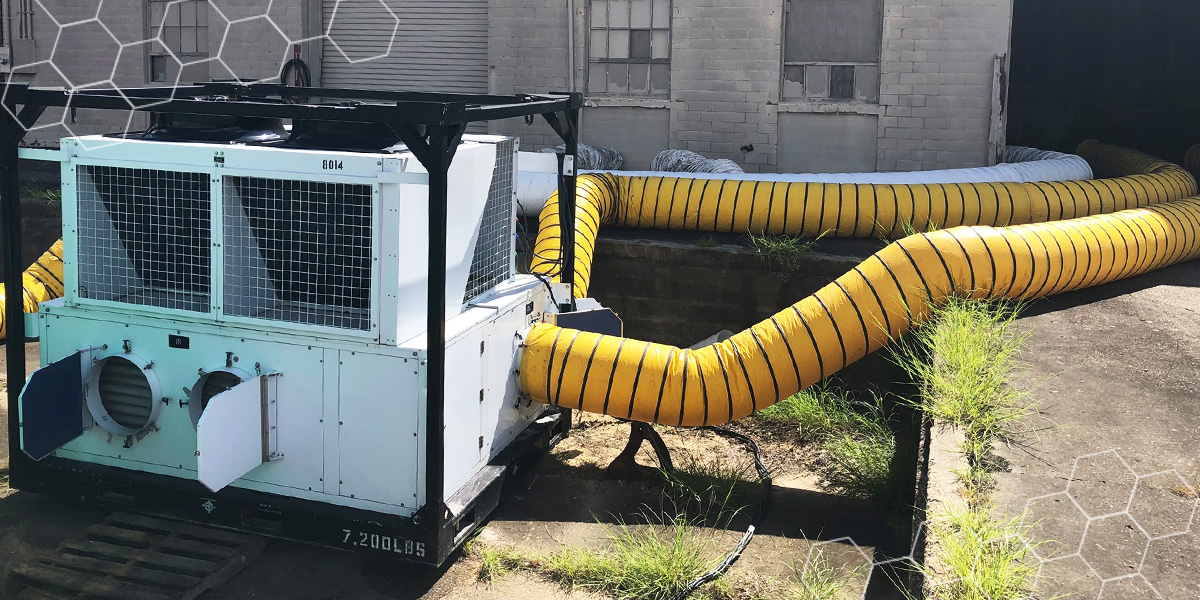

Lowering your business’s energy costs is important year-round. While winter is generally when energy bills are at their highest, they can also skyrocket in the summer months as buildings use air conditioning.
Energy efficiency is becoming more important, as companies look to reduce costs and practice more sustainable habits. Thankfully, you can implement several practical solutions if you’re exploring how to lower your electric bill in the summer. These energy efficiency tips for businesses are a great starting point, as is exploring the importance of saving energy year-round.
Being proactive about your company’s energy consumption will naturally lower your energy bills, leading to cost savings. That said, knowing how to save energy in the summer isn’t only vital for lowering your business’s costs. There are other important considerations and advantages of lowering energy consumption:
You can reduce business energy costs with these summer energy conservation tips:
Conducting an energy audit is one of the best steps you can take if you’ve been exploring how to save electricity in the summer. You can speak to your utility company or an energy service provider to get started. During an energy audit, a professional will monitor your business and gather data to identify areas where you can optimize your company’s energy consumption.
Here is what to expect during a typical energy audit for businesses:
Your business is a hub of energy-saving opportunities. With advances in technology, you can replace many of your appliances, equipment, and accessories with energy-efficient alternatives. You can purchase energy-saving LED lights, a smart thermostat, an energy-efficient fridge, heat pumps, and other technologies like lighting controls and energy-monitoring systems.
Implementing best practices that your entire team can strive toward will have a positive impact on your energy-saving efforts. Examples of good habits you can encourage from staff include:
Peak demand is the time period during the day, week, or month when the demand for electricity is at its highest. In the summer months, peak demand is typically in the afternoon, when the weather is hottest and businesses and homes use the most air conditioning.
Peak times place additional strain on the power grid, so tariffs during peak demand are typically higher to incentivize companies to use less electricity during these times. Implementing strategies to reduce peak demand can have a significant impact on your utility bill.
Teams can work together to shift their times of highest energy use outside of peak demand. One effective way of doing this is to use air conditioning outside peak demand and use fans during peak times instead.
One of the most effective ways to prioritize comfort and productivity while reducing your energy bill is to optimize your company’s HVAC systems and practices. Regularly maintaining your system is the first step in optimizing efficiency, and includes:
Another effective way to optimize your HVAC system is to install a programmable thermostat. A smart thermostat can be a game changer for your energy usage, as you can program it according to peak and off times so that your HVAC system runs more efficiently. Smart thermostats can send you alerts for scheduled maintenance tasks.
It may also be time for an HVAC system upgrade. Old systems may not run as efficiently despite good maintenance and best practices. Updating your HVAC to ensure you have the right sized unit for your company and a new, energy-efficient system will have long-term benefits, including significant cost savings.
Your cooling system will work harder and draw more energy if your building isn’t properly insulated. You can conduct a quick audit yourself to ensure windows and entrance doors seal properly. You can also implement this as a best practice, asking team members to report any insulation concerns.
Reducing your energy bill is beneficial for your company’s finances and your brand’s values and best practices. Fortunately, you do not have to sacrifice comfort during the hot summer months to be more energy-efficient. Optimizing your HVAC systems is a simple but effective way of immediately lowering your consumption and energy bills in the summer.
Thompson Power Systems has provided critical power equipment solutions to Alabama and Northwest Florida for over 65 years. We are industry leaders in providing reliable, high-quality backup and emergency power systems.
At Thompson Power Systems, we offer complete rental power and temperature control solutions. This includes renting out high-quality commercial cooling and heating equipment for businesses. Contact us today to discuss your organization’s cooling needs to find the right unit for you.